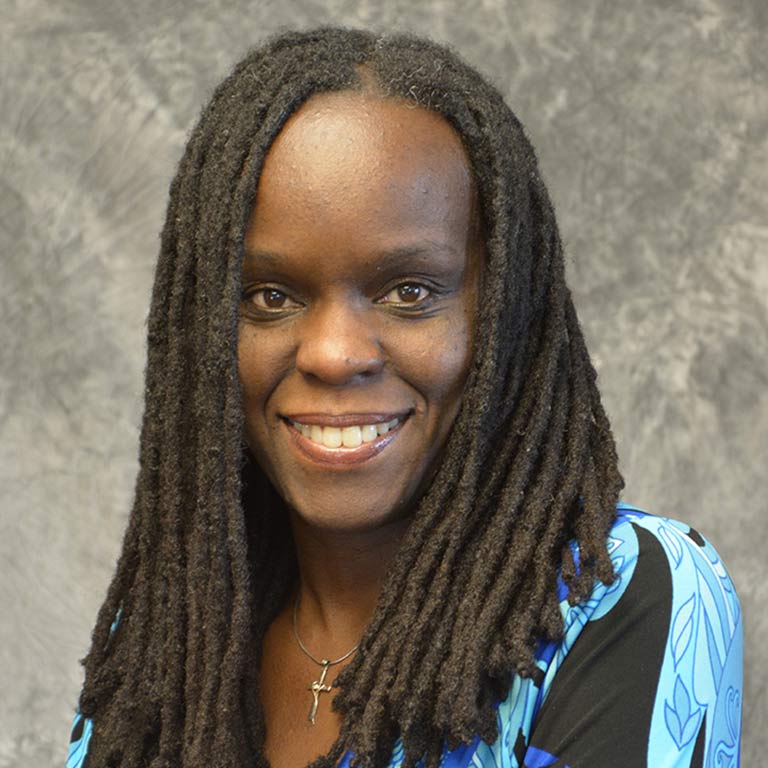True leaders are hard to come by. Ones who know how to listen to communities whose voices are drowned by all those attempting to speak for them. Ones who identify with those unheard voices, and translate creatively to provide multiple media of understanding. Stephanie Shonekan is one such leader. Last year, she took up the mantle as Professor and Chair of the W.E.B. Du Bois Department of Afro-American Studies at University of Massachusetts Amherst.
This appointment did not distract Shonekan from the ground work, as she retains focus on the students. Shonekan writes, “I’ve enjoyed working with different student groups as faculty advisor. When students signal to me that they appreciate my work as a teacher and a mentor, I am encouraged to continue to develop relationships with students with a view to helping them achieve success.”
Shonekan’s Nigerian and Trinidadian heritage has given her a unique ability to personally connect with the stories and experiences of the peoples of both heritages across the earth. Her vast and in-depth study, experiences and perseverance, however, have equipped her with the tools to speak with a voice that resonates with all. Shonekan stepped up to be chair of the Black Studies Department at the University of Missouri during a difficult time for the university. Her leadership in her department is not the only place her voice carries. Her impactful works that explore the African Diaspora include such titles as Life of Camilla Williams, African American Classical Singer and Opera Diva (2011), Soul, Country, and the USA: Race and Identity in American Music Culture (2015). She has published multiple articles in such journals as the Journal of Negro Education, the Journal of Pan African Studies, and the Black Music Research Journal.
With all this in mind, it’s fair to say Shonekan’s work is expansive. It also delves into other forms of media, as she wrote and produced a live action film titled Lioness of Lisabi, which was awarded 1st prize in 2010 at the Chicago International Children’s Film Festival, and in 2012 by the Girls Inc. Film Festival. However, Shonekan’s roar for justice and peace does not drown out her patient illustrations of privilege and its ripple effect. Shonekan gave a TEDx Talk in September of 2016, during which she presented a unique and articulate metaphor for privilege. She compared the protection of sunscreen to the protection of privilege. This brilliant reformatting touched over 4,000 online viewers besides those who attended the talk.
As her work continues to be recognized, Shonekan’s goals focus on accessibility. She shares of her hopes, saying, “I’ve been concerned with writing books and/or articles that are more accessible to all - scholars, music enthusiasts, race pundits, and more folks. As I conceive of new projects, I’ve got this on my mind.” Such openmindedness is not exclusive to her work, however. Shonekan encourages students with her own experiences, saying, “When I finished my doctorate, my first tenure track job was a humanities position at a liberal/performing/media arts college. This was a great first step for me. I encourage students to expand their horizons in terms of next chapters.”

 The College of Arts
The College of Arts